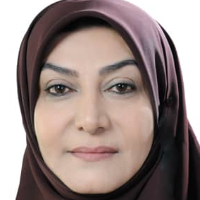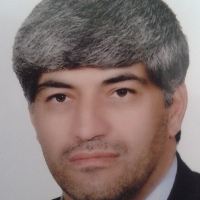Comparison of the effectiveness of schema-therapy and reality-therapy on psychological flexibility and emotional self-regulation of preschool teachers
The aim of this study was to compare the effectiveness of schema-therapy and reality-therapy on psychological flexibility and emotional self-regulation of preschool teachers in Shahrekord.
The statistical population was all preschool teachers in Shahrekord, from which 45 people were selected by available sampling and randomly assigned to 2 experimental groups and 1 control group (15 people each). The research measurement tools included questionnaires of psychological resilience (Bond et al., 2011) and emotional self-regulation (March, 1983) which were completed in three stages: pre-test, post-test and 3-month follow-up. Data were analyzed using repeated measures analysis of variance.
The results showed that only schema therapy had a stable effect on adjusting the mean scores of psychological flexibility (P<0.05); However, both schema therapy and reality therapy methods had a stable effect on increasing the mean scores of emotional self-regulation (P <0.05).
It was concluded that two methods of group schema therapy in the first place and group reality therapy in the second degree can be used to improve the psychological flexibility and emotional self-regulation of preschool teachers.
-
Comparison of the Effectiveness of Mindfulness-Based Compassion Therapy and Positive Cognitive-Behavioral Therapy on Ambiguity Tolerance in Female Heads of Households
Azam Rahbarian, *,
Applied Family Therapy Journal, Autumn 2024 -
Comparison of the Effectiveness of Cognitive Play Therapy and Computer-based Working Memory Training on the Attention of Children with Attention Deficit Hyperactivity Disorder in Farsan City
Kamran Heydari Farsani, Reza Ahmadi*,
Pajouhan Scientific Journal, -
Determination the Effectiveness of Group Training of Self-regulation Learning Strategies and Critical Thinking on School Well-being of Female Students
Batool Mohammadi, Ahmad Ghazanfare *,
Journal of Research in elementary education, -
Development of moral intelligence scale of 12 to 19 years old adolescents in Isfahan Province
Maryam Maheronaghsh, *,
Researches of Cognitive and Behavioral Science,




